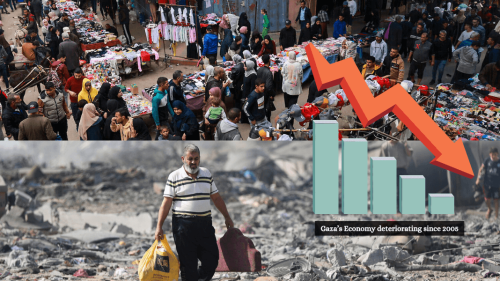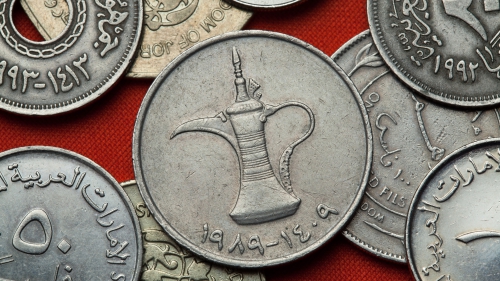Islamic Insurance: Actualizing an Old Islamic Concept
In a 1999 survey conducted at the ISNA Convention in Chicago, 61 percent of participants were highly interested in an Islamic alternative to conventional insurance, while 73 percent of those surveyed conveyed their lack of knowledge in Takaful rules.
Takaful, an Arabic term which means "guaranteeing another", is increasingly presenting a strong option to those little satisfied with the conventional insurance practice. Islamic insurance in theory offers a model in which participants contribute financially into a common pool. Although the amounts contributed are perceived as tabarru (voluntarily acts of charity), the money generated is used to assist those members in need.
Yet despite the unfamiliarity among many Muslims regarding the nature of Islamic insurance in general, and Takaful concepts in particular, Muslim scholars are predicting growth in the Takaful business, a growth that could jump as high as $7.4 billion in the next 15 years, according to Muhammad Bhatti, Chief Executive of Bahrain based Takaful International.
Takaful is now thriving in several Muslim countries, mainly in Malaysia and Saudi Arabia, and is reaching as far as Europe and finally the United States.
But why should any devout Muslim seek an Islamic alternative to conventional insurance? The reasons behind insurance prohibition were clearly stated in a Fatwa (a religious decree) issued in 1972 by the Malaysian National Fatwa Council. The council decreed that "insurance, especially life insurance, is a fasid (corrupt) practice because it contains the elements of gharar (uncertainty), maisir (gambling) and riba (interest). Therefore, it is religiously prohibited.
Some scholars argue that uncertainty in insurance stems from the fact that neither the insurer nor the insured knows the outcome of the contract, or the exchange (premium in exchange for service). Islamic finance expert, Azman Ismail stressed in a speech delivered before the Fourth Islamic Banking and Finance Forum held in Bahrain, December 1997, that uncertainty takes place in the existence of the compensation as well.
"In the insurance contract, the insured does not know the existence of the compensation, since it depends on the outcome that may or may not happen." Ismail also explained the involvement of the gambling nature in insurance by stating, "if the peril happened, the insurer will lose ...if the peril does not occur, the insured will lose."
While interest is clearly prohibited in Islam, the engagement in an interest-baring operation takes a more indirect route in the field of insurance. The interest element emerges from insurance companies providing loans, which is usually regenerated with interest value being charged, a concept that most Muslim scholars in the field of finance recognize as prohibited.
However, the theoretical model which was introduced with the establishment of the first Takaful company in Sudan in 1979, is losing momentum, as the Islamic finance and insurance markets are experiencing ceaseless expansion. The simple Takaful concept, where the policyholders are the same as the fund's managers, is no longer capable of keeping up with increasing demands. Moreover, in order for Takaful to survive the competitive market of insurance, a technical alternation becomes unavoidable.
Although Takaful is going under heavy commercialization and is quickly being incorporated into several Muslim markets, it has largely succeeded in avoiding falling back into those aspects which make insurance prohibited in the first place. Commercial Takaful is a profit seeker, and it uses the same procedures used by conventional insurance companies, such as monthly premiums. The main difference however, is that today's Takaful follows the concept of mudharabah (profit sharing). According to mudharabah, one party (policyholder) provides funds for another party (Islamic insurance company) to manage as funds for investment or trade. The profits of such ventures are shared based on several models, yet mostly with a common aspect, the profits are equally shared and losses are carried by the provider of the capital.
Beginning in Sudan and Saudi Arabia in 1979, and moving to the Arab Gulf states, Asia and as far as Geneva, Luxembourg and the United States (Takaful USA), Islamic insurance is demonstrating its ability to withstand tremendous difficulties and to cope with the challenges of globalization. With the accessibility of modern technology and the internet, Takaful agents are now providing their products through simple online applications, requiring only a few taps and clicks.
(Ramzy Baroud is a freelance Muslim journalist living in Seattle, Washington.)

















